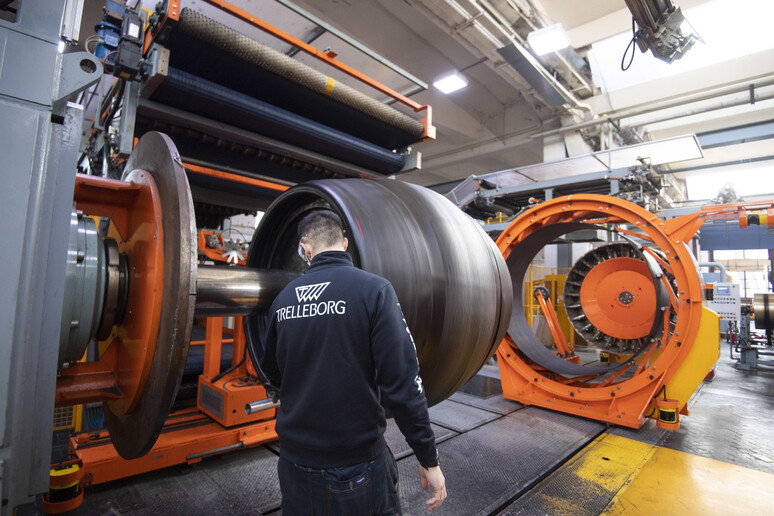Job losses in European industry
have been more because of increased productivity than because of
the process of deindustrialization over the last 20 years,
according to the MISTA project conducted as part of the ESPON
European cooperation programme specializing in regional
analysis.
It said this trend was visible in the major European cities and
the development of new technologies has played a key role.
All the urban areas observed registered economic growth between
1995 and 2017, the researchers observed, while labour intensity
decreased in almost all.
"Increased productivity is what plays a decisive role in the
loss of jobs in industry in Europe's urban areas," said Peter
Huber of the Austrian Institute of Economic Research (WIFO).
Specifically, a quarter of the main metropolitan regions of
Europe were characterized by industrial growth in the 1995-2017
period, the main result of an increase in productivity.
In other metropolitan regions observed, including Rome, Milan,
Naples and Turin, deindustrialization phenomenon formed a
significant component, but a lesser one, in the transformation
of industrial employment.
Half of these regions benefited from a strong metropolitan
environment that held back the loss of jobs in the sector: this
is the case of Rome and Milan, as well as Paris, Brussels,
Warsaw and Budapest, to name some.
In the remaining urban areas, deindustrialization took place in
weak metropolitan environments.
This group, which includes Turin and Naples, as well as Berlin,
Vienna, Dublin and Barcelona, is mainly comprised of cities in
countries that joined the European Union before 2004, with
medium and high income levels and frequently with a mixed
economic structure or one based on services.
"New technologies have had a fundamental role in the
transformation of industrial employment," explained Valeria
Fedeli, a lecturer in urban planning and policy at the
Politecnico di Milano university.
"On the one hand, they reduced the number of jobs, but, on the
other, they caused the quality of employment in the sector to
grow.
"This trend can help local administrations not to think of the
cities as just fields of competition between residential and
tertiary functions, but also as complex subjects in which
powerful new interactions between manufacturing, services,
culture and residence exist".
ALL RIGHTS RESERVED © Copyright ANSA











